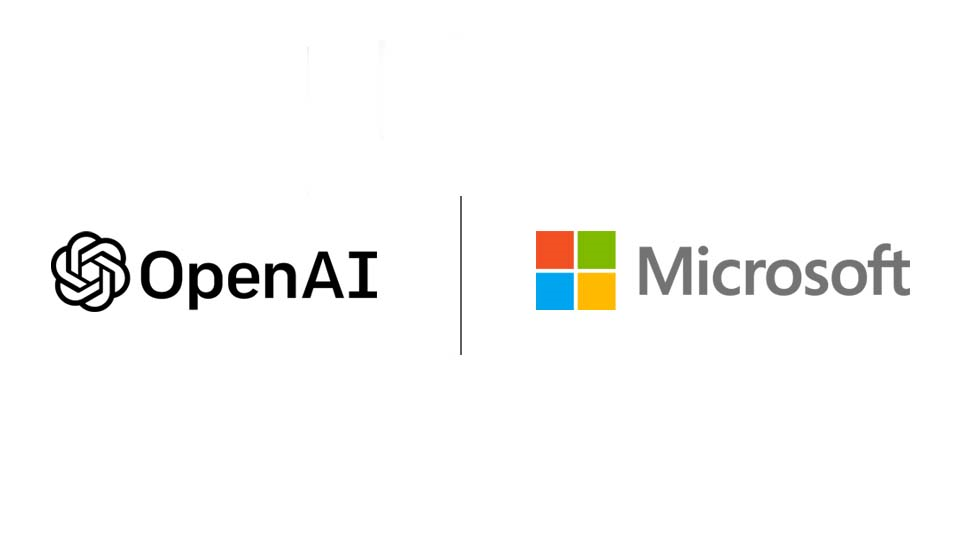
Introduction:
In the ever-evolving landscape of technology, artificial intelligence (AI) stands out as a transformative force, and Microsoft has firmly established itself as a trailblazer in this domain. From groundbreaking innovations to strategic investments, Microsoft’s commitment to advancing AI technologies has positioned it at the forefront of the AI revolution.
Microsoft’s AI Initiatives:
- Azure AI Platform:
At the core of Microsoft’s AI endeavors is the Azure AI platform, a comprehensive suite of tools and services that empower developers and businesses to build, deploy, and manage AI solutions seamlessly. Azure AI encompasses a range of capabilities, from machine learning and natural language processing to computer vision and speech recognition, providing a robust foundation for AI-driven applications. - Cognitive Services:
Microsoft’s Cognitive Services offer pre-built AI models that developers can easily integrate into their applications. These services, including vision, speech, language, and decision APIs, allow for the creation of intelligent applications capable of understanding and interpreting human input across various modalities. - AI for Accessibility:
Microsoft’s commitment to inclusivity is evident in its AI for Accessibility initiative, which focuses on using AI to empower individuals with disabilities. This program leverages AI technologies to develop solutions that assist people with varying abilities, such as seeing AI, which narrates the world for the visually impaired. - Ethical AI Development:
Recognizing the importance of ethical AI practices, Microsoft is actively involved in shaping the Responsible AI landscape. The company is committed to ensuring fairness, transparency, and accountability in AI systems, emphasizing the responsible deployment of these technologies across industries.
Strategic Investments and Acquisitions:
Microsoft has strategically invested in and acquired companies that contribute to its AI ambitions. The acquisition of GitHub, a platform for software development collaboration, and LinkedIn, a professional networking site, has not only expanded Microsoft’s reach but also enriched its data resources, fueling the development of more sophisticated AI models.
Microsoft’s Conversational AI:
One of the noteworthy aspects of Microsoft’s AI strategy is its emphasis on conversational AI. Technologies such as Microsoft Bot Framework and Azure Bot Services enable the creation of intelligent, conversational agents that enhance user interactions. This focus on natural language processing has implications for customer service, virtual assistants, and business process automation.
AI in Microsoft Products:
Microsoft has seamlessly integrated AI capabilities into its flagship products. In Office 365, for instance, AI is used to enhance productivity through features like real-time translation, intelligent content suggestions, and data analysis. In Windows 10, AI-driven features improve user experience, from personalized content recommendations to enhanced security protocols.
Challenges and the Road Ahead:
Despite its achievements, Microsoft faces challenges inherent in the rapid evolution of AI technologies. These include addressing biases in AI models, ensuring privacy and security, and navigating the ethical considerations associated with widespread AI adoption.
Conclusion:
Microsoft’s journey into the realm of artificial intelligence is marked by innovation, inclusivity, and a commitment to ethical development. As the company continues to push the boundaries of what AI can achieve, its influence on the future of technology is poised to grow. Microsoft’s comprehensive approach, encompassing cloud services, developer tools, and strategic acquisitions, positions it as a driving force in shaping the AI landscape for years to come.
